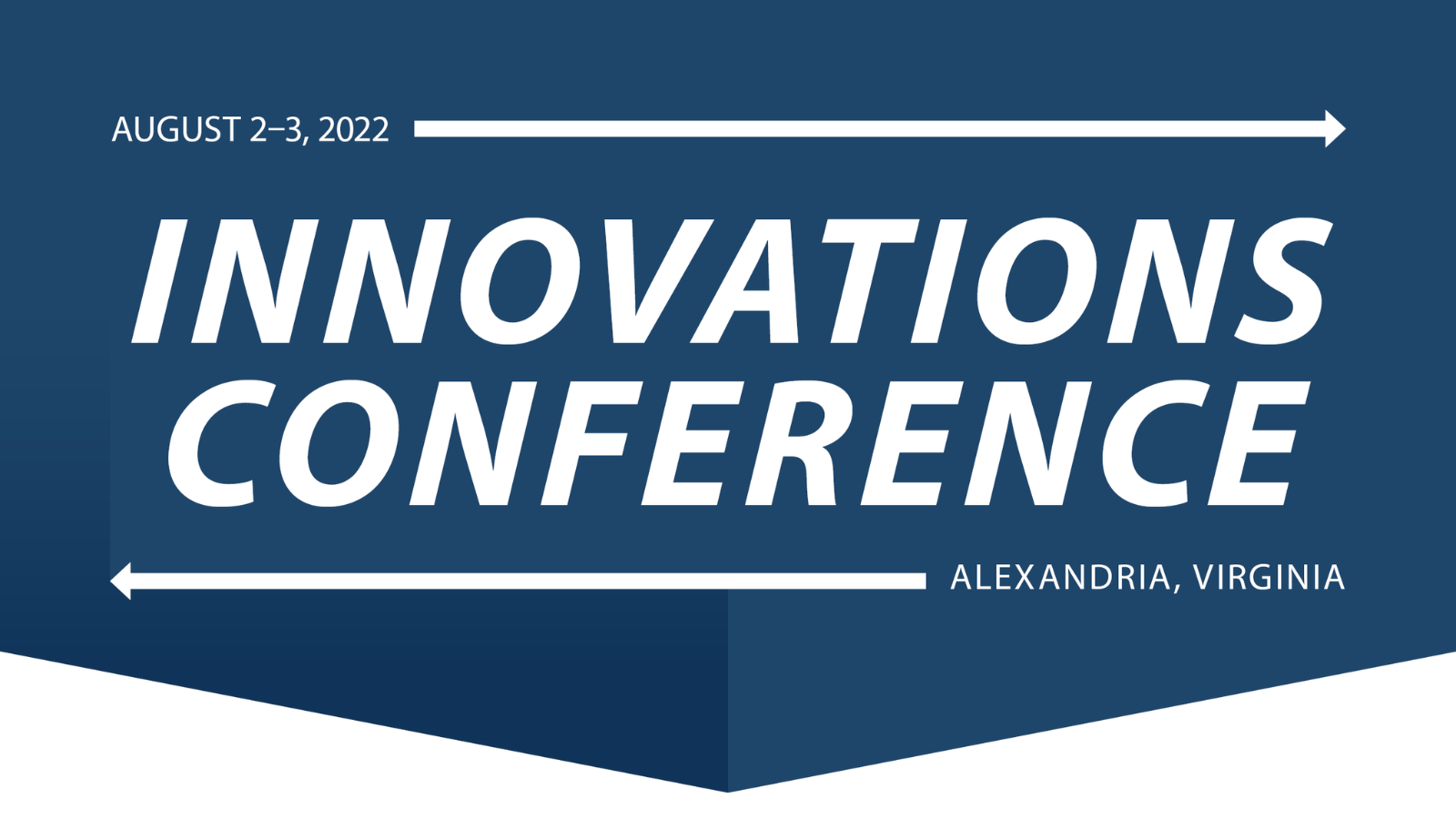Preventing suicide among service members, Veterans, and their families (SMVF) requires a coordinated and comprehensive public health approach that involves public and private partners working together to ensure that SMVF have access to the right support at the right time. To advance the development and implementation of transformative suicide prevention strategies in communities around the country, the U.S. Department of Veterans Affairs (VA), the Substance Abuse and Mental Health Services Administration (SAMHSA), and SAMHSA’s SMVF Technical Assistance Center hosted an Innovations Conference in August 2022. The Innovations Conference welcomed members from Governor’s and Mayor’s Challenge to Prevent Suicide Among SMVF teams to learn about the latest and greatest programs and practices in the field of Veteran suicide prevention.
Throughout the 2-day conference, 248 participants attended plenary sessions, workshops, team presentations, and an Innovation Practices showcase. Presentations covered a wide range of topics, including big data, human-centered design, the rollout of the 988 National Suicide & Crisis Prevention Lifeline, Crisis Intercept Mapping, women Veterans of color, postvention for caregivers, suicide fatality reviews, and individual psychological autopsies. At the end of the conference, Mayor’s and Governor’s Challenge Team Leaders convened, reviewed and updated their action plans, and participated in a facilitated discussion focused on technical assistance and training needs using the strengths, weaknesses, opportunities, and threats (SWOT) framework. The majority of the teams noted the necessity of cross-team sharing for idea generation and momentum building.
The Innovations Conference catalyzed new ideas, information sharing, and relationship building among participating Governor’s and Mayor’s Challenge team members. In the coming months, the SMVF TA Center will continue to work closely with Governor’s and Mayor’s Challenge teams to provide targeted technical assistance to address the needs of their SMVF populations. To measure implementation, the SMVF TA Center will be tracking outputs and monitoring each team’s short and long-term outcomes.
SMVF suicide prevention efforts require innovative programs and tools. Efforts to support SMVF must not rely solely on traditional strategies but must also incorporate new evidence-based practices. Suicide prevention is everyone’s business. Together with SAMHSA and VA, states, territories, and communities are creating healthier lives for the SMVF they serve.


